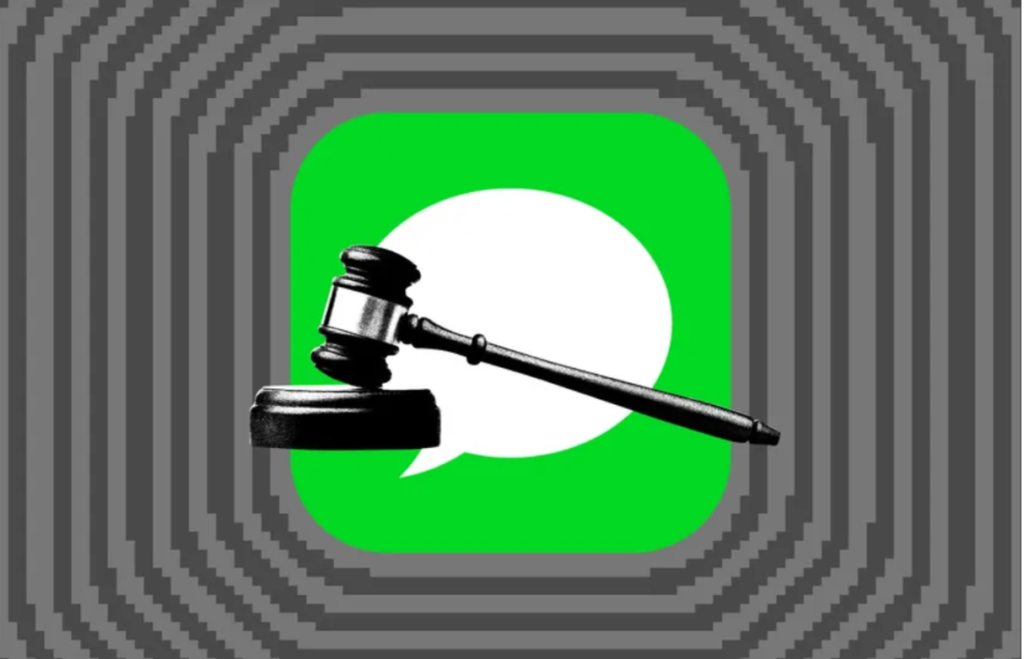Bad Apples: Antitrust Complaint Against Apple Inc.

Courtesy of Cath Virginia via The Verge
By Thomas Saacks
On March 21, the United States Department of Justice (DoJ) filed an antitrust complaint against Apple Inc. for anticompetitive behavior. The DoJ cited five practices that “suppress technologies that would have increased competition among smartphones:” suppressing super apps and cloud streaming games, degrading the quality of third-party messaging apps, suppressing key functions of third party smartwatches, and denying access to third-party digital wallets.
The DoJ claims these practices allow Apple to maintain a monopoly over the smartphone industry. The complaint elaborates how Apple’s prevention of third-party wallet apps allows them to “[retain] full control both over the consumer and also over the stream of income generated by forcing users to use only Apple-authorized products in the digital wallet.” But wait, how is someone’s banking related to their smartphone usage?
Suppose I have a credit card with a bank that uses a massive service such as Mastercard or Visa. No problem, both companies are authorized by Apple to be used in the Apple Wallet. I soon discovered a local credit union that offers a better rate on a credit card and it would benefit me to switch and create an account with this organization. Unfortunately, I cannot add this service to my Apple Wallet because it is unauthorized. Like many Americans, I use a digital wallet for my payments. I cannot switch from my current provider to the smaller, better option for me because of Apple’s control of what banking services I can use through their wallet. My experience as a banking consumer is harmed because of Apple’s control over mobile payments on their phones.
This upsets me because I want to switch to my local credit union and use my mobile phone to pay, so I look at iPhone competitors. I again run into problems. Not all of my cards can transfer from my Apple Wallet, which includes bank cards, state-issued IDs, public transit systems, membership cards, keys, concert tickets, and more. To switch to a non-iPhone could require me to close several accounts I use on a regular basis, potentially even hurting my credit score which in turn harms my opening of a new account with my local credit union: my original goal. It could also risk losing the key scan into my apartment, concert tickets for which I’ve paid hundreds of dollars, and my metro card which allows me to go to work. Apple is clear they want to prevent transferability between their products and others. My life is financially locked into me being an Apple customer. I have no real choice as a consumer. I must stay with Apple. I am prevented from pursuing a beneficial banking option simply because I am locked into using an iPhone.
It is the role of the DoJ to protect consumers from this issue. In fact, Apple’s rebound from bankruptcy is only possible due to the ruling in United States v. Microsoft, which forced Microsoft to allow third-party software such as iTunes onto their software. In recent years, Apple has come under fire for monopolistic practices both domestically in Epic Games, Inc. v. Apple, Inc., and abroad receiving a 1.8 Billion Euro fine from the European Commission. This complaint by the DoJ continues the growing response to the growth of the Technology Industry from government bodies. As the second-largest traded public company, this case will have broad consequences for the technology industry and the market as a whole.





